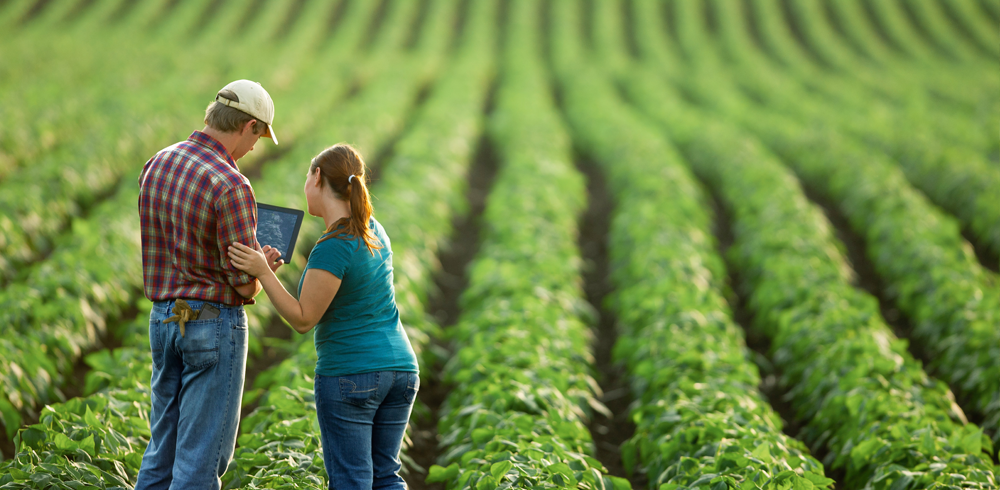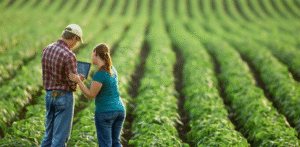
As the global population continues to grow and climate change reshapes ecosystems, agriculture faces unprecedented pressure. To meet rising food demands while preserving resources, many turn to automation and robotics. But for technology to truly support sustainable agriculture, it must do more than just replace labor—it must learn from nature.
Traditional farming methods, developed over centuries, are deeply connected to the land. They reflect rhythms, seasons, and relationships between soil, water, plants, and animals. Modern automation often ignores these complexities in favor of efficiency and control. Gorues believes a better approach is possible.
By integrating robotics into farming systems in a way that respects ecological cycles, we can build tools that work with the land—not against it. Smart irrigation systems that monitor moisture and weather patterns, autonomous drones that analyze plant health, and soil-friendly cultivation machines are just the beginning. This isn’t about replacing farmers—it’s about empowering them with tools that extend their care.
At Gorues, we are committed to developing technologies that respect tradition while introducing smart innovation. Because the future of farming isn’t synthetic—it’s symbiotic.
Gorues is currently exploring early-stage solutions that aim to connect agricultural practices with advanced intelligent systems—tools that adapt to the land, not the other way around. By looking to farmers as partners and not users, and nature as a teacher rather than an obstacle, we believe that robotics can nurture more than just crops—they can nurture resilience.


